Symbolism - The Feast Of The Unleavened Bread | Pastor Greg Ford Sermon | One Church Columbus
The Feast Of The Unleavened Bread | Pastor Greg Ford Sermon | One Church Columbus
ICEBREAKER:
How did you see God move this last week?
Summary:
This Bible study invites participants to explore the Feast of Unleavened Bread in the Old Testament, its symbolism of God’s deliverance from Egypt, and how Jesus fulfills these symbols in the Passover meal and the New Covenant. We will reflect on personal deliverance, sanctification (leaven as a symbol of sin), and living in a posture of gratitude and holiness. The study ends with a guided prayerful response to God’s grace displayed through Christ.
Key Points
God’s Deliverance: The Feast of Unleavened Bread centers on God delivering Israel from bondage and bringing them into liberty and covenant faithfulness (Exodus 12; Leviticus 23).
Symbolism of Unleavened Bread: Unleavened bread represents haste in escape and purity. It invites believers to examine sin and remove “leaven” from their lives as a sign of sanctification.
Passover and Jesus: Jesus’ institution of the Lord’s Supper during Passover connects the unblemished Lamb with his sacrificial death, fulfilling the deeper meaning of liberation—freedom from sin and the new covenant.
Gratitude and Holiness: The feast calls for remembrance, gratitude for God’s saving acts, and a life that reflects God’s holiness in daily choices.
Ongoing Application: Though the Old Testament feast is fulfilled in Christ, its invitation remains: live in gratitude, pursue holiness, and extend God’s deliverance to others through acts of love and justice.
Scripture References
Exodus 12:1-14 (The Passover and the instructions for unleavened bread)
Exodus 13:3-10 (Remember this day, with unleavened bread)
Leviticus 23:5-8 (The Festival of Unleavened Bread)
1 Corinthians 5:6-8 (Christ, our Passover lamb; removing leaven)
Luke 22:14-20 (The Last Supper and the cup/bread symbolism)
1 Peter 1:15-16 (Be holy in all your conduct)
Conclusion:
In this study, Pastor Greg Ford reframes the Feast of Unleavened Bread as a living invitation: embrace God’s deliverance, pursue holiness, and rest in Christ’s grace. He links unleavened bread to quick obedience and purity, calling us to gratitude, repentance, and mercy. As we consider Jesus’ Last Supper and the Passover sacrifice, we’re urged to live free, holy lives and continually remember God’s faithfulness in our personal and communal journeys.
Discussion Questions:
In what ways does the concept of deliverance shape your understanding of God’s work in your life and in the world today?
How can you practically “remove leaven” from your life this season, and what accountability or support do you need?
Why is the unleavened bread symbolism relevant for holiness, and how does it connect to the idea of sanctification in the New Testament (1 Corinthians 5:6-8)?
How does viewing Jesus’ death as the fulfillment of Passover change the way you observe communion or the Lord’s Supper?
Guided Prayer:
Heavenly Father, we thank You for Your faithfulness in delivering Your people and for the richness of Christ as our Passover Lamb. Cleansed of leaven—our sins and distractions—we come with honesty and humility. Fill us with gratitude for Your grace and empower us by Your Spirit to live holy, transformed lives that reflect Your love. Grant us discernment to apply truth to daily moments and courage to pursue sanctification, so we may serve others with mercy and unity. In Jesus’ name, Amen.
